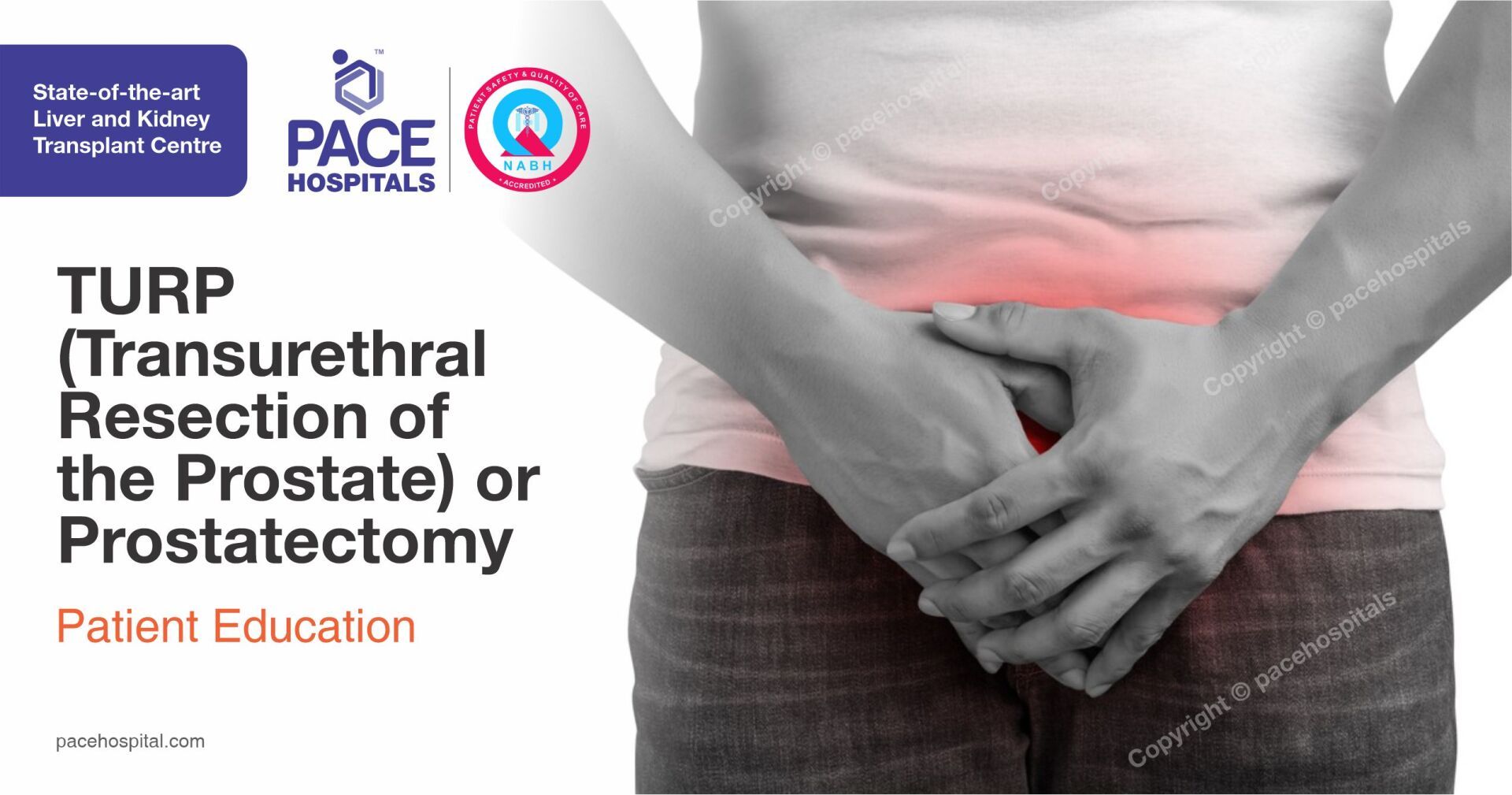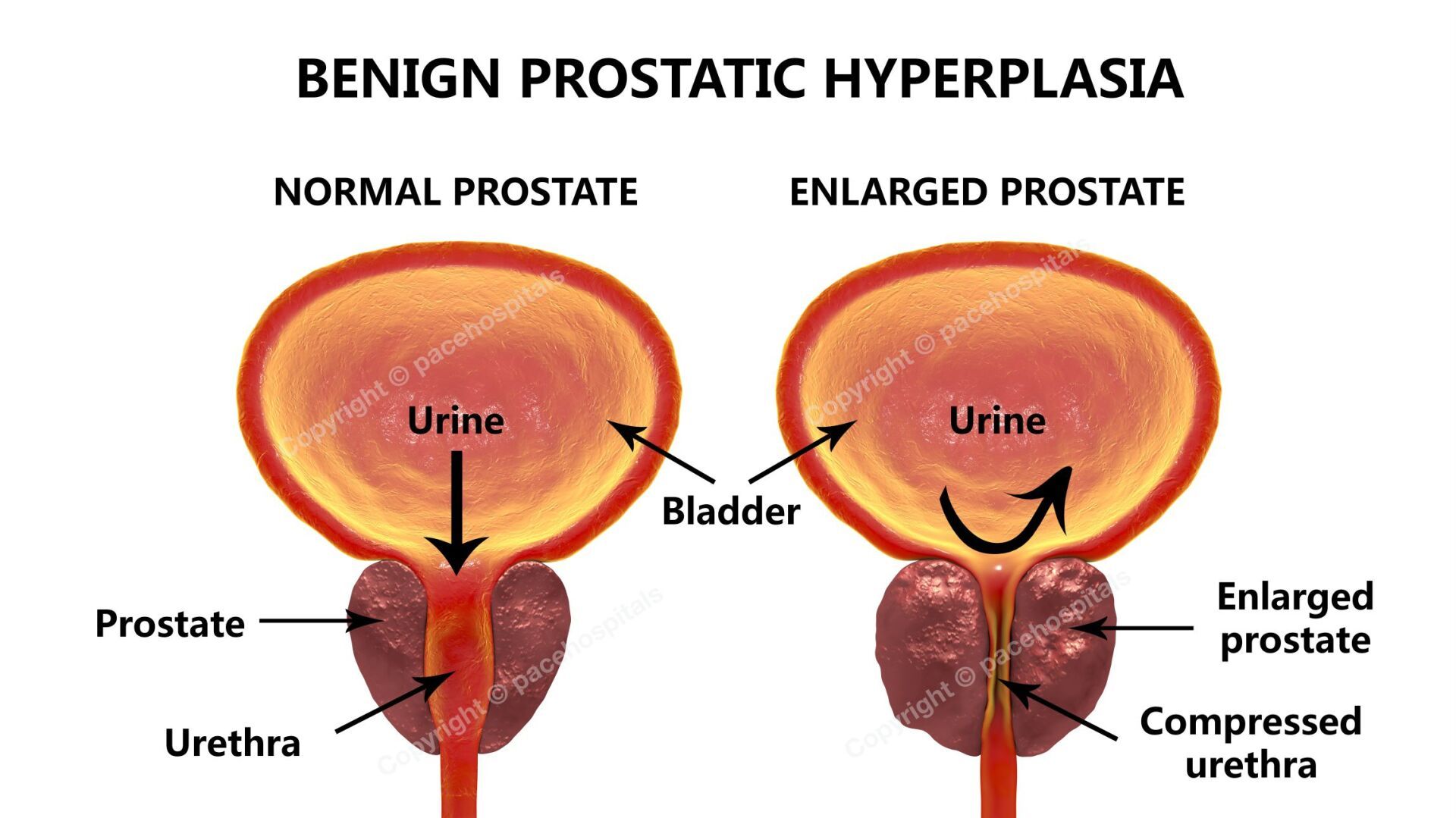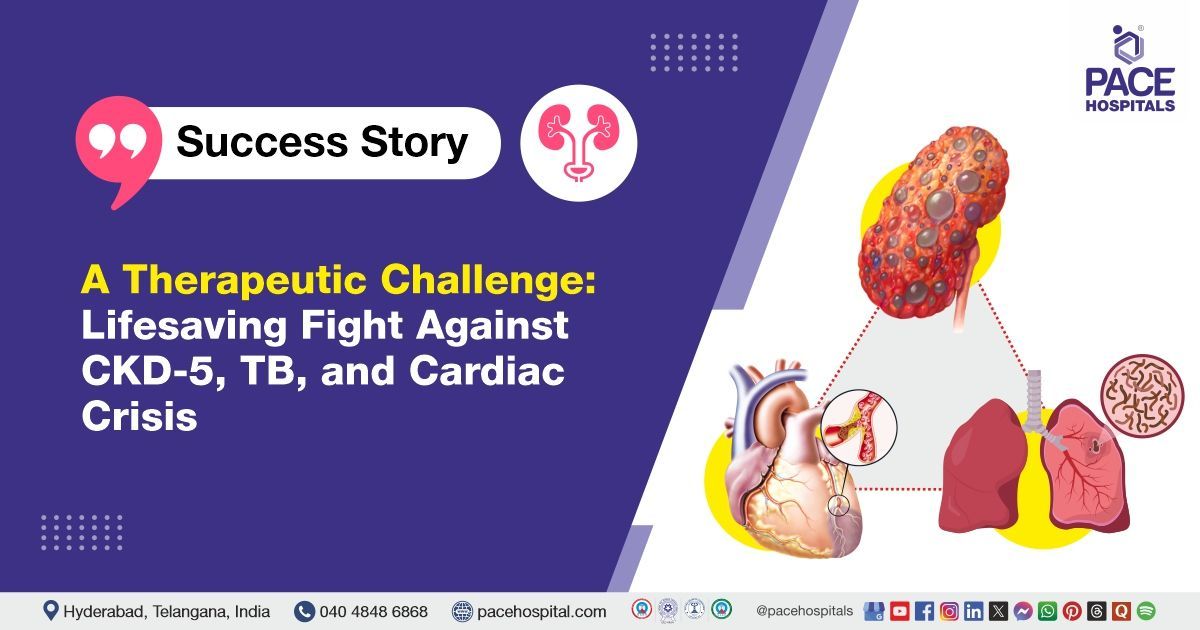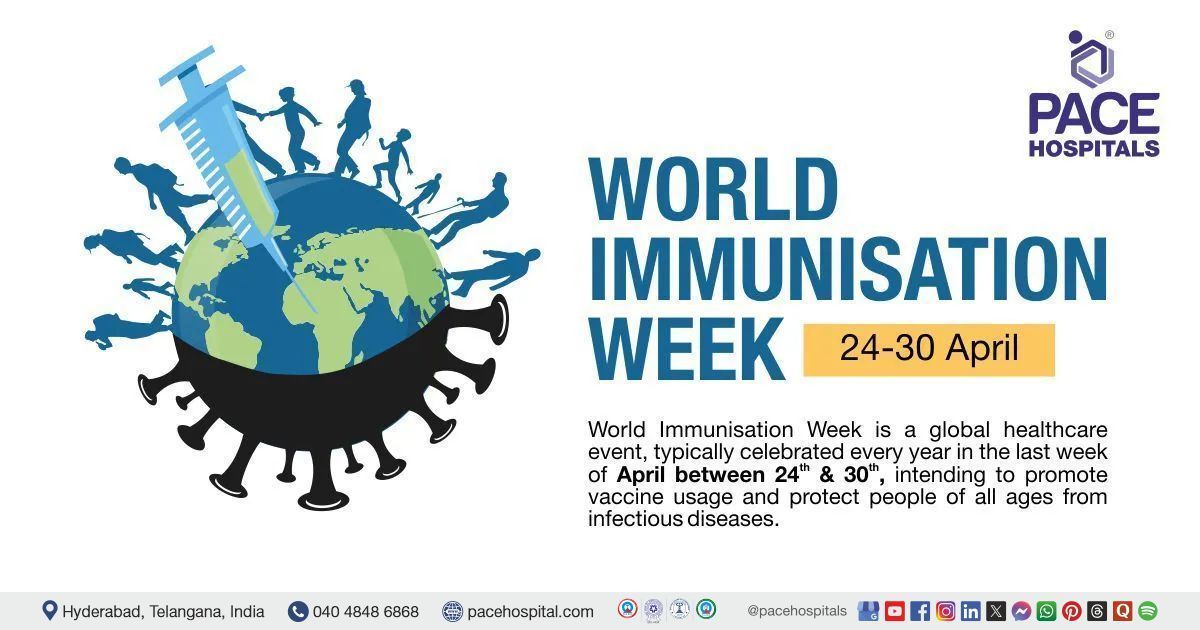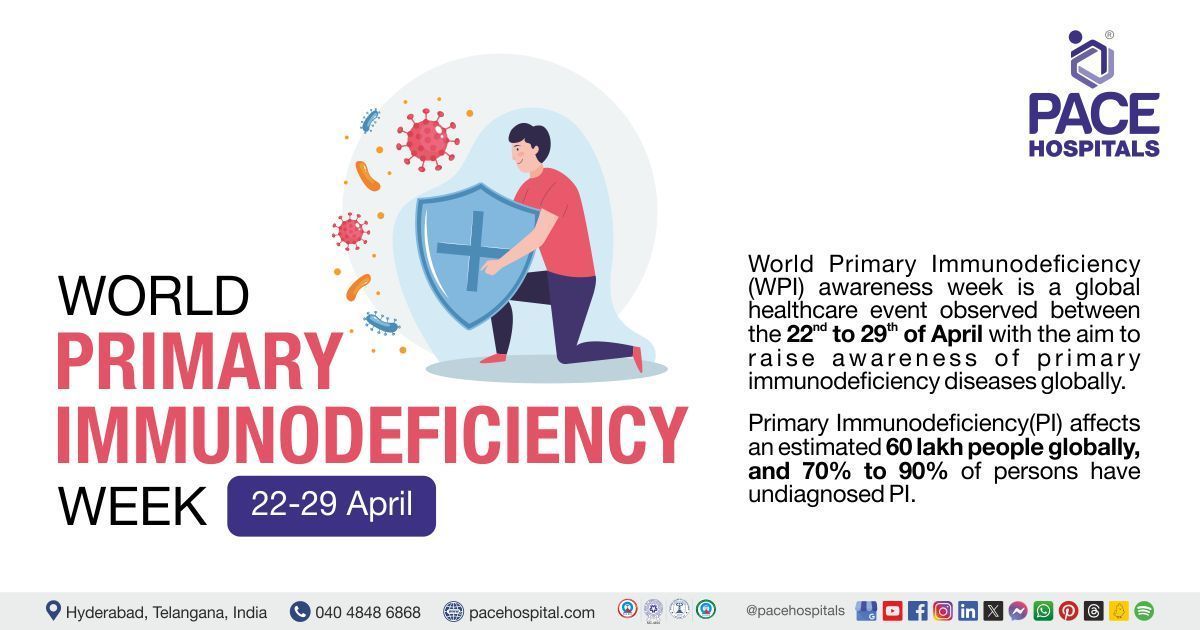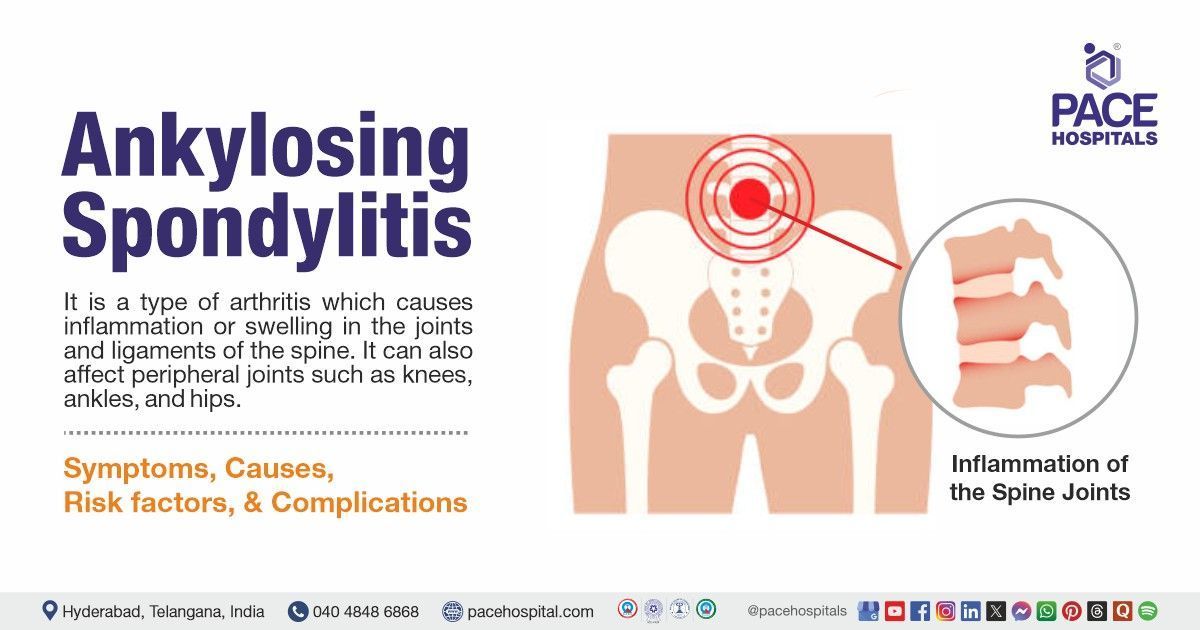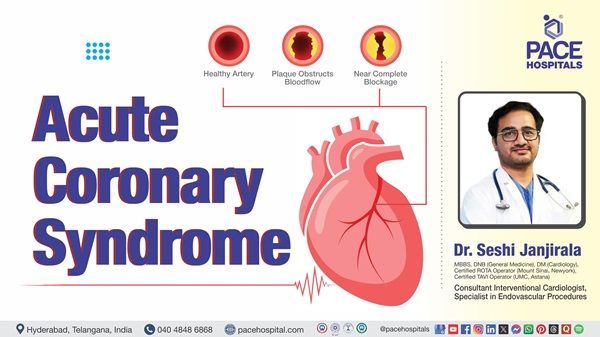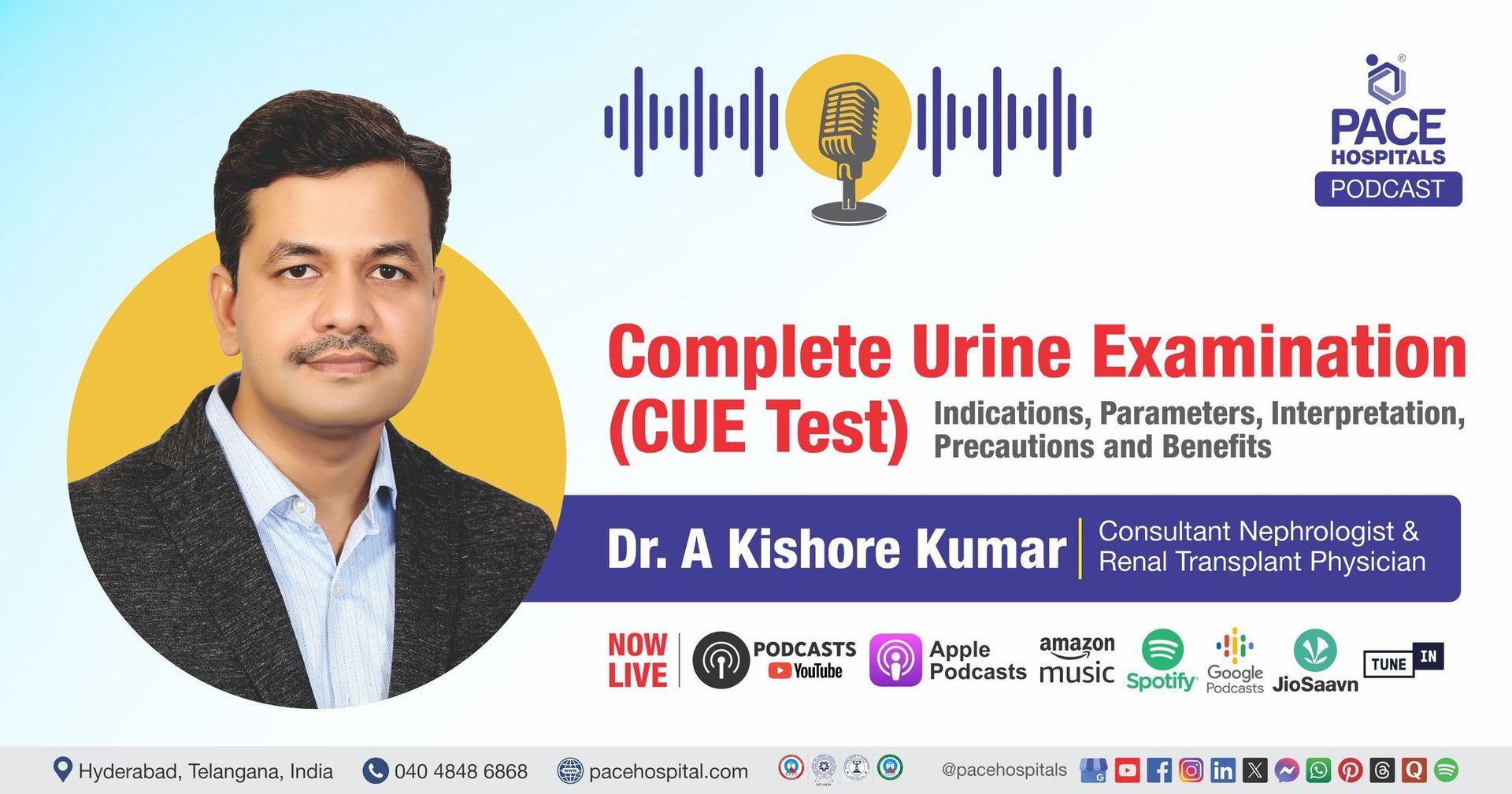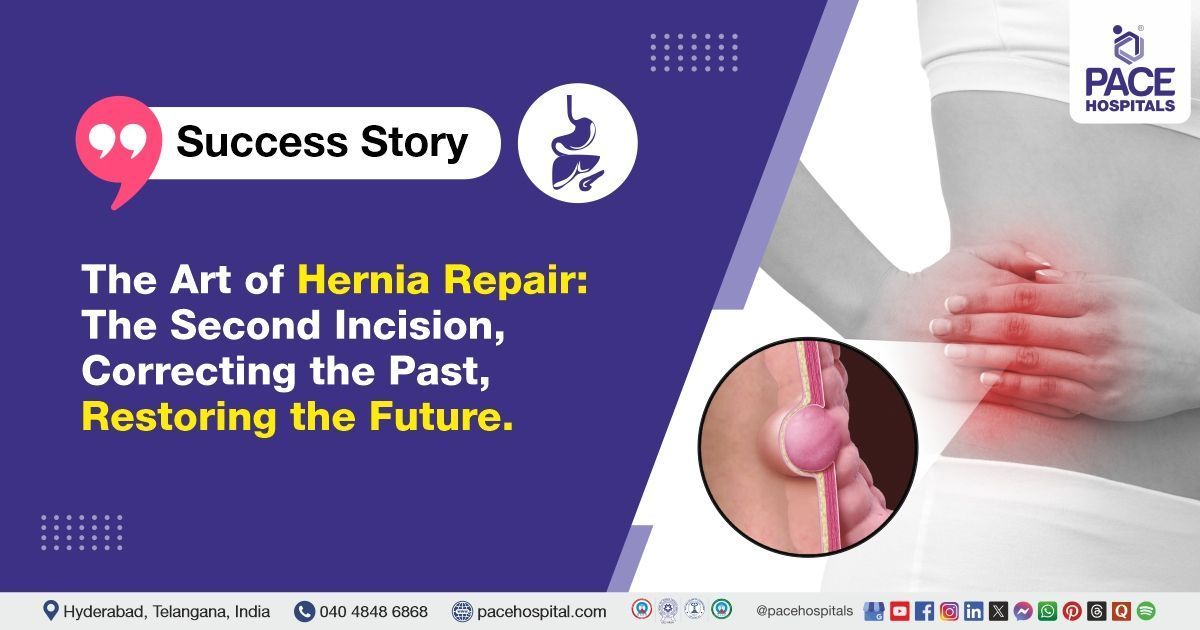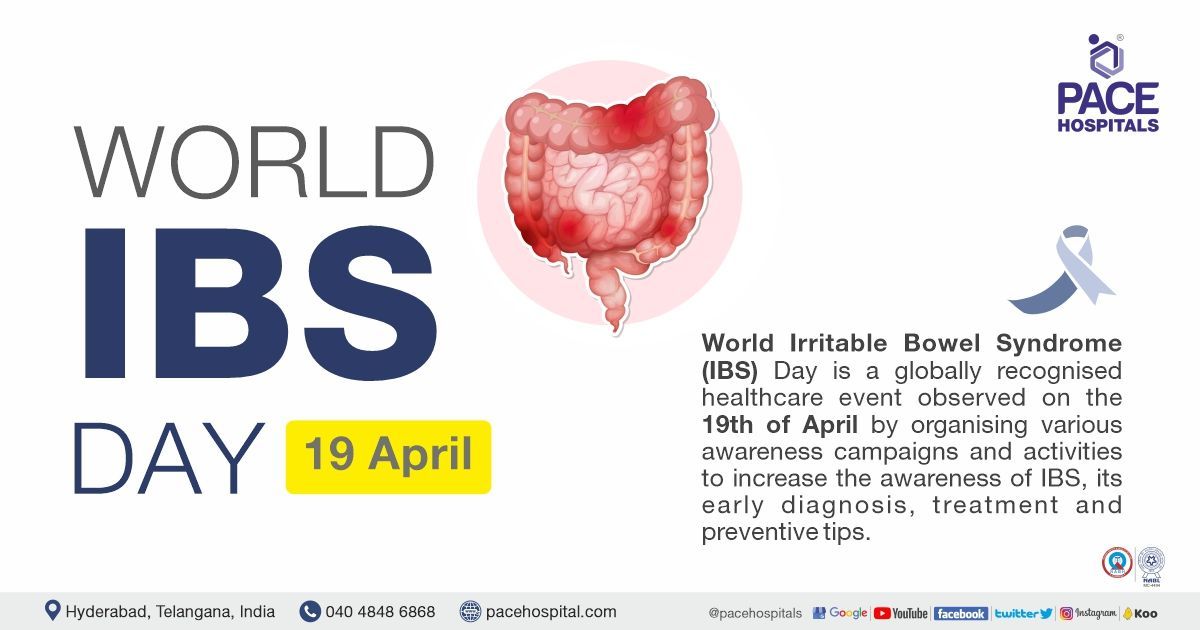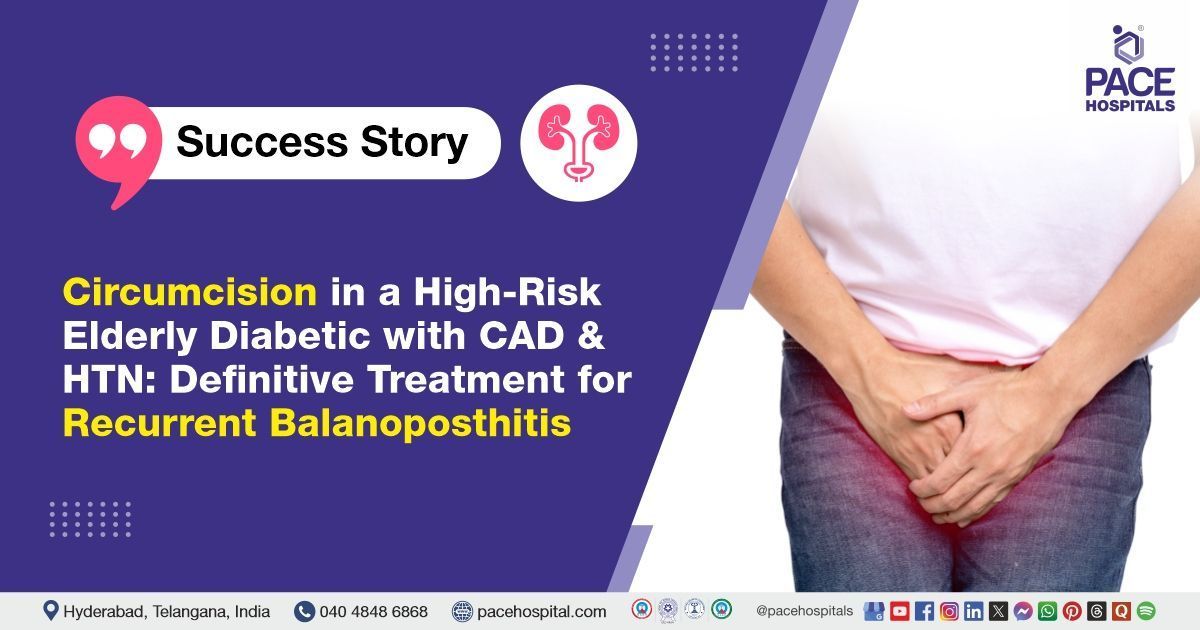TURP (Transurethral Resection of the Prostate) or Prostatectomy
A TURP (Transurethral Resection of the Prostate) or Prostatectomy is surgery to remove parts of the enlarged prostate to treat benign prostatic hyperplasia. TURP is as an option for men who have moderate urinary problems to severe ones that have not responded to the drug. While TURP has been considered the most effective treatment for enlarged prostate. This procedure generally causes less complications and has a faster recovery period.
Why is TURP performed?
Urologist may recommend TURP to treat BPH (benign prostatic hyperplasia) and Prostate cancer due to the following conditions:
- Difficulty urinating
- Frequent urination
- Incomplete bladder emptying
- Prolonged or Slow urination
- Painful urination
- Urinary tract infections
- Inability to control urination
- Bladder stones
- Kidney or bladder damage
- Blood in urine
- Painful ejaculation
Preparing for surgery
- You will be offered a choice of dates for your surgery. You will need to attend pre anaesthesia assessment clinic where we will assess your suitability for surgery under anaesthetic.
- You will be asked to undertake major surgical profile and cardiologist fitness for surgery.
- Please continue to take all your medicines unless you are told otherwise and remember to bring them into hospital with you.
What happens during the procedure?
- You will be anaesthetised so you will not feel any pain. You will then be taken through to the operating theatre. The surgeon will insert a special tube (called a resectoscope) down your urethra, through which a resection loop will be passed. This loop will be used to shave or chip away the overgrown portion of the prostate. The pieces of removed prostate will also be looked at under a microscope to check there are no abnormal cells.
- The operation usually takes about 60-90 minutes. When it is finished, a catheter (thin flexible tube) will be placed into your urethra and saline fluid (salt water) will be inserted into your bladder via the catheter to flush out any blood clots or prostate tissue that have been removed. This solution will then be drained out of your bladder with your urine, through the catheter.
After your surgery
- Once you have recovered from the anaesthesia you will be shifted to ICU or ward depending on surgeon’s advise. If you feel well after 6-8 hours you may oral sip. The catheter will remain in your urethra and will be connected to two large bags of saline fluid next to your bed. Your bladder will usually be flushed with the saline fluid for or until the day after your surgery.
- We encourage you to drink about two and a half liters per day while there is still blood in your urine. You should not have any pain from the operation, but you may have some discomfort from the catheter and your urethra may feel sore. Some men experience bladder spasms (contractions) caused by the catheter rubbing against the trigone (muscle) inside of your bladder.
- The spasms result in urine passing down the sides of the catheter or make you have the urge to pass urine, which can be uncomfortable. If you experience these spasms, please tell a duty doctor or staff, as they can often be relieved in a number of ways. When your urine is suitably clear, your catheter will be removed.
Will I be in pain?
You may experience a mild burning feeling or find it a little uncomfortable to pass urine at first. This is because your urethra will be swollen and sore from the surgery and having the catheter in place. This is normal and should not last long. Some men find that they cannot pass urine when the catheter has been removed. If this happens, a new catheter will be inserted into your urethra and you may need to keep this in for several weeks to allow your bladder to rest. If this happens to you, you will be taught how to look after the catheter at home.
What should I expect when my catheter is removed?
Your catheter may or may not be removed before you go home. Once it has been taken out you may have some of the following symptoms:
- The need to pass urine often (less than every two hours)
- A burning sensation when you pass urine
- The urgent need to pass urine
- You may not be able to reach the toilet in time and may leak urine
- You may pass blood in your urine
- You may have difficulty controlling your urine
- It is common to have less control passing urine for a short time after surgery. If you experience this, please tell your doctor, who will explain how to perform pelvic floor exercises to improve your control.
- Around 10–14 days after surgery you may have a 24 hour period of heavy bleeding, which may include passing pieces of prostate tissue in your urine. If the heavy bleeding lasts more that 24 hours, contact your doctor.
When can I return to normal activities?
You can return to work (if it involves no heavy lifting), and carry out normal household chores (such as shopping) when you feel up to it. For other chores such as heavy lifting and gardening you will need to wait for two weeks. You can drive again after seven days unless otherwise directed by your doctor.
I am constipated. What should I do?
This can happen because of your altered diet and your decreased mobility while in hospital. You should avoid straining to pass bowel motions as this may hurt or cause bleeding. However it may take up to seven days for your bowels to get completely back to normal.
- Drinking plenty of water
- Eating food that is high in fibre such as fruit, vegetables and brown bread and rice and bran based cereals
- Taking laxatives if necessary, for example duphalac or lactulose.
When should I start my pelvic floor exercises?
How much exercise should I be doing?
You gradually build up to your normal level of activity in the weeks following your surgery. It is important to exercise daily and not to remain lying or sitting for long periods of time. You should avoid heavy lifting for two weeks after your operation.
When will I be seen in clinic after my surgery?
You will be seen by your consultant team 2-4 weeks after your surgery. At this visit you may need to undergo some of the investigations as flow rate. You will also be given the results of the tissue we have taken.
Share on
Request an appointment
Fill in the appointment form or call us instantly to book a confirmed appointment with our super specialist at 04048486868

